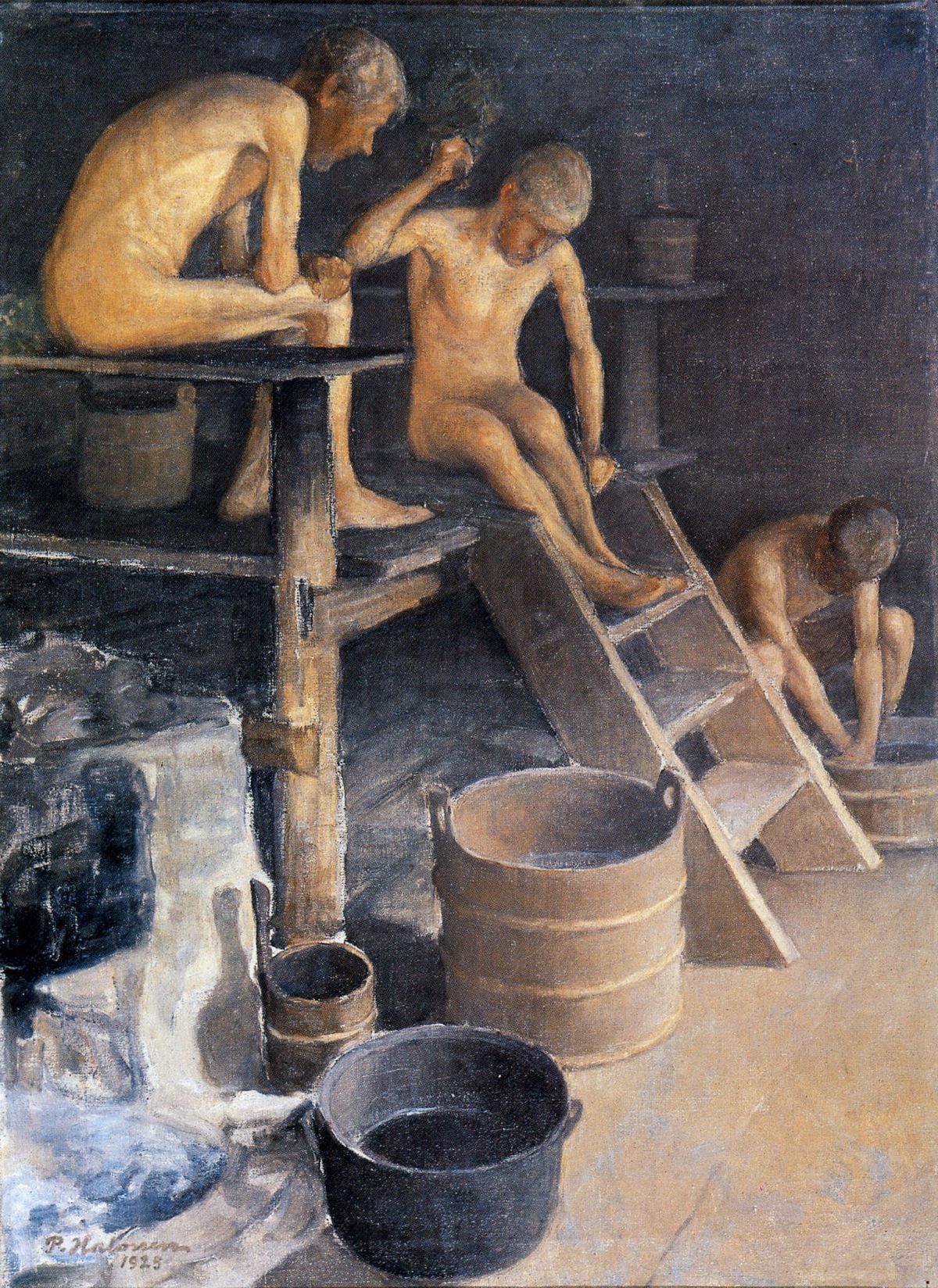
Culture and Society of Finland
Finland's culture blends indigenous heritage, represented by its national languages (Finnish and Swedish), and the sauna, with common Nordic and European aspects. Influences from neighboring regions and dominant powers Sweden and Russia have shaped this unique blend. Finland's culture is built upon the ascetic environmental realities, subsistence economy, and principles of egalitarianism and self-sufficiency.
Historical Overview
After the last great ice age, people began arriving in Finland around 8000 BC. The country was incorporated into the Swedish crown between 1100 and 1200, but Novgorod also attempted to gain control. Several wars occurred between 1400 and 1700, with Finland fighting against Sweden, Novgorod, Moscow, and imperial Russia. In 1809, Finland became an autonomous Grand Duchy within the Russian Empire. Finland gained full independence in 1917.
Nationalism and Identity
The 19th-century rise of European nationalism also reached Finland. Finnish nationalism grew, emphasizing cultural identity and self-determination. Despite not considering the Swedish-speaking minority as a different nation, many Fennomans (nationalists) came from Swedish-speaking backgrounds. The desire for independence culminated in a declaration of independence from Russia on December 6, 1917.
Ethnic Groups and Languages
- Finns: The dominant ethnic group, speaking Finnish (a Uralic language).
- Swedish-speaking Finns: The largest subculture, with their own language and culture.
- Sami: An indigenous group living in Lapland, with their own distinct culture, language, and traditions.
- Romani: A nomadic group present since the 17th century.
- Other Immigrants: Finland is increasingly diverse, with immigrants from different cultural backgrounds.
Gender Equality
Finland has been a leader in gender equality. Finnish women were the first in Europe to gain the franchise and have consistently held prominent positions in government, academia, and the workforce.
Family Structure
Family life typically centers around the nuclear family, and gender roles have changed in recent decades, with both men and women now engaged in paid employment.
Social Values
Finnish society promotes equality, liberalism, and welfare. Everyman's right, an ancient concept, grants public access to land for recreation and subsistence. Education is a civil right, and the belief in future employment security drives the pursuit of higher education.
Religion
The Finnish Evangelical Lutheran Church is the largest religious group, followed by the Finnish Orthodox Church.
Holidays and Festivals
Finnish holidays blend Christian traditions with pagan customs. Notable celebrations include Midsummer (Juhannus), Christmas (Joulu), and Finnish Independence Day (December 6).
Sauna
The sauna is a quintessential part of Finnish culture, offering relaxation, purification, and social bonding. It is an essential part of spiritual life and a place for contemplation.
Literature
Finnish written language emerged with the translation of the New Testament into Finnish in the 16th century. Notable authors include Elias Lönnrot (Kalevala), Aleksis Kivi, and Mika Waltari.
Visual Arts
Functionalist designs distinguish Finnish furniture, ceramics, glass, textiles, and architecture. Natural landscapes and the relationship between humans and nature have strongly influenced painting, sculpture, and other art forms.
Music
Finnish music includes traditional folk melodies, Sami songs (joik), classical music (Jean Sibelius), and contemporary popular music genres. Heavy metal and rock bands, such as Nightwish and Lordi, have gained international recognition.
Entertainment and Games
Finland has a vibrant media landscape with soap operas, reality shows, and sketch comedies. Games are recognized as a cultural form, with Finland being a major hub of game development (Angry Birds).
Cinema
Finland has a growing film industry, with notable directors such as Aki Kaurismäki.
Cuisine
Finnish cuisine emphasizes simplicity, freshness, and healthiness, incorporating ingredients such as meat, berries, milk, and vegetables. Traditional dishes include sour rye bread, fish casseroles, and reindeer meat.
Sports
Popular sports in Finland include pesäpallo (a baseball-like game), ice hockey, football, and Formula One racing. Finland has produced notable athletes in ski jumping, alpine skiing, and middle-distance running.
International Business
Finns demonstrate competence and comfort in international business settings. Many Finnish corporations operate globally, and English is commonly used as the house language.